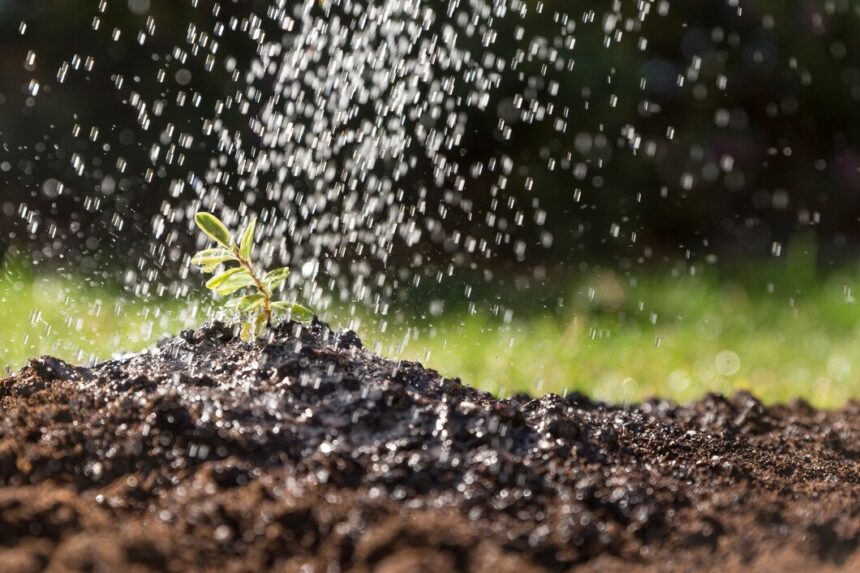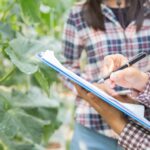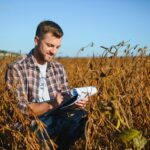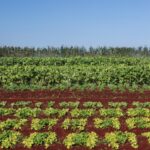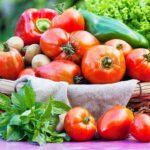Water scarcity is a significant challenge for agriculture in South Africa, where droughts and climate variability can severely impact crop yields. Optimizing water recycling on farms is essential for sustainable agriculture, resource conservation, and improving farm productivity. Here are ten effective strategies for farmers to enhance water recycling practices.
1. Implement Rainwater Harvesting
Farmers can install rainwater harvesting systems to collect and store rainwater from rooftops and other surfaces. This stored water can be used for irrigation, reducing reliance on municipal or groundwater sources.
2. Use Drip Irrigation Systems
Drip irrigation delivers water directly to the plant roots, minimizing evaporation and runoff. This efficient method allows farmers to recycle water effectively, using less water overall while maintaining optimal soil moisture levels.
3. Recycling Gray Water
Farmers can recycle gray water from household or processing activities for irrigation. Properly treated gray water can be a valuable resource, particularly for non-food crops or landscaping purposes.
4. Construct Wetlands for Water Filtration
Creating constructed wetlands can help filter and treat water before it is reused for irrigation. These natural systems use plants and microorganisms to remove contaminants, providing cleaner water for agricultural use.
5. Utilize Water-Efficient Crops
Selecting drought-resistant and water-efficient crop varieties can reduce overall water usage. By growing crops that require less water, farmers can better manage their water resources and maximize yields.
6. Implement Soil Moisture Management Techniques
Using soil moisture sensors and moisture-retaining techniques, such as mulching and cover cropping, can help farmers monitor and maintain optimal soil moisture levels. This reduces the need for excessive irrigation and enhances water recycling.
7. Integrate Livestock and Crop Systems
Using livestock in conjunction with crop production can create a closed-loop system. Manure from livestock can be used to enrich soil, while water from livestock operations can be recycled for irrigation, optimizing water use across the farm.
8. Optimize Irrigation Scheduling
Implementing advanced irrigation scheduling technologies can help farmers determine the best times to irrigate based on weather forecasts and soil moisture levels. This reduces overwatering and maximizes water recycling efficiency.
9. Adopt Conservation Tillage Practices
Reducing tillage can improve soil structure and moisture retention, allowing more water to infiltrate the soil. Conservation tillage practices enhance the farm’s ability to recycle water by reducing erosion and promoting healthier soils.
10. Educate and Train Farm Workers
Providing training and resources for farm workers on best practices for water management and recycling is essential. Knowledgeable workers can implement techniques more effectively, leading to better water conservation outcomes.
Optimizing water recycling on South African farms is crucial for addressing water scarcity and promoting sustainable agricultural practices. By adopting these ten strategies, farmers can enhance their water management efforts, improve crop resilience, and contribute to the long-term viability of their farming operations. Investing in water recycling not only supports agricultural productivity but also helps protect the environment for future generations.
Join 'Farmers Mag' WhatsApp Channel
Get the latest Farming news and tips delivered straight to your WhatsApp
CLICK HERE TO JOIN
